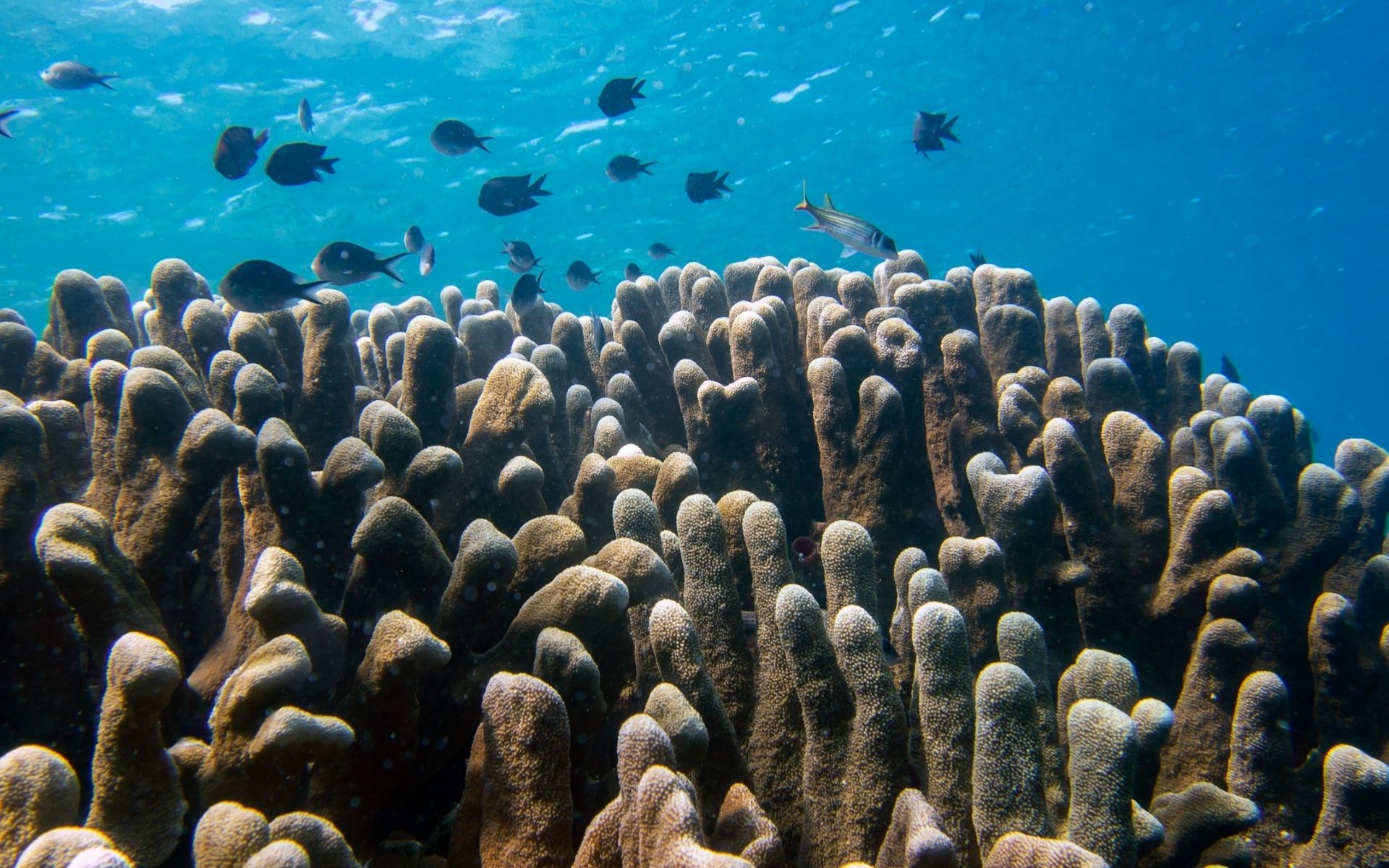Coral restoration has the potential to be a valuable tool in certain circumstances: when it promotes community engagement and addresses local needs. But it is not yetâand might never beâfeasible to scale up sufficiently to have meaningful long-term positive effects on coral reef ecosystems.
This reality check should stimulate constructive debate about when and where restoration is worthwhile. Without stemming the pace and magnitude of climate change, we have little power to save coral reefs from massive losses over the coming century and beyond.
Other conservation approaches such as establishing, maintaining and enforcing marine protected areas, and improving water quality, could improve the chance a coral restoration project will work. These efforts could also support local human communities with incentives for conservation.
Reinforcing complementary strategies could therefore bolster ecosystem resilience, extending the reach and success of coral restoration projects.![]()
**
This article is republished from The Conversation under a Creative Commons license. Read the original article by Corey J. A. Bradshaw, Matthew Flinders Professor of Global Ecology and Node Leader in the ARC Center of Excellence for Indigenous and Environmental Histories and Futures, Flinders University; Clelia Mulà , PhD student in Marine Ecology, The University of Western Australia, and Giovanni Strona, Doctoral program supervisor, University of Helsinki

